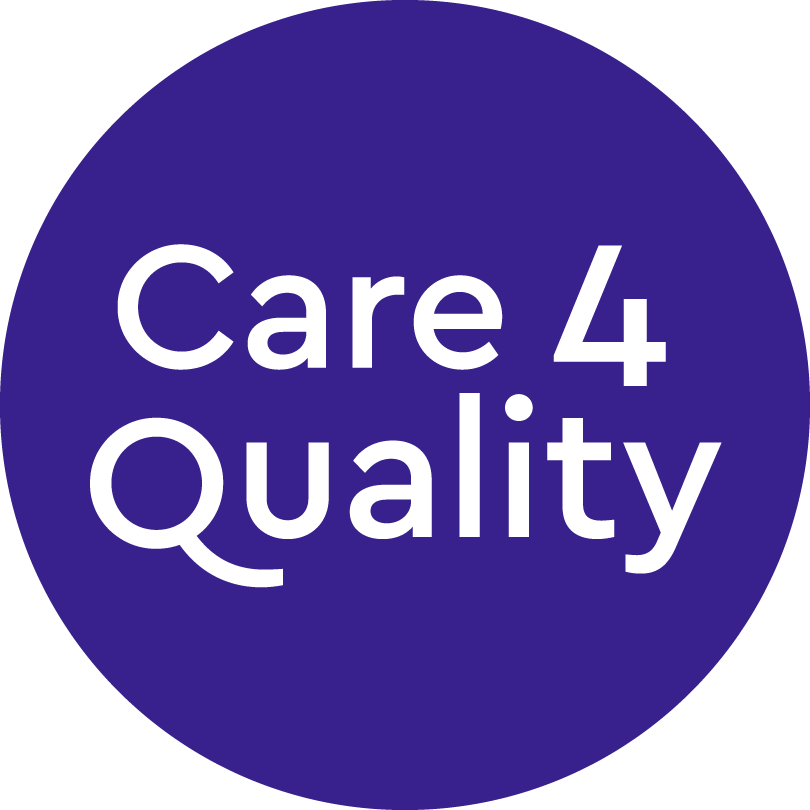Join us this Thursday, 29th February 2024, at 11 am where Care 4 Quality’s Quality Assurance Lead, Steven Haddock, and Work Nest’s Head of Team and Employment Law Adviser, Toyah Mitchell, will discuss The CQC’s New Framework with a focus on interpreting employee wellbeing and management.
Prioritising Employee Well-being in Health and Social Care
Employee well-being in the health and social care sector is crucial for quality care. Regulatory bodies emphasise its importance, and organisations prioritise staff welfare to enhance care quality, safety, and organisational excellence. Initiatives like supervision and reflective practice support staff resilience, fostering a culture of compassion and excellence.
Understanding Regulatory Perspectives:
The Care Quality Commission (CQC) in the UK plays a pivotal role in ensuring high standards of care delivery. In its assessment frameworks, such as the Single Assessment Framework, the CQC emphasises the importance of workforce well-being and enablement. According to the CQC, an organisation’s commitment to staff well-being is indicative of its ability to deliver compassionate, high-quality care. By prioritising staff welfare, organisations not only nurture a positive work environment but also uphold human rights and dignity in care provision.
Regulation 18 of the CQC stipulates requirements concerning staffing, including ensuring there are enough suitably qualified, competent, and experienced staff to meet people’s needs. Supervision plays a crucial role in meeting this regulation. Regular supervision sessions enable managers to assess staff performance, provide support and guidance, identify training needs, and address any concerns or issues that may affect the quality of care. By adhering to Regulation 18 and implementing effective supervision practices, organisations demonstrate their commitment to maintaining safe and effective staffing levels.
Insights from State of Care Reports:
The State of Care reports published by the CQC offer valuable insights into the current landscape of health and social care services. In the 2022-2023 report, the CQC highlights workforce challenges and their impact on the quality of care. Issues such as staff shortages, burnout, and stress are identified as significant barriers to delivering optimal care experiences. By addressing these challenges and investing in employee well-being initiatives, organisations can mitigate risks and foster a culture of continuous improvement in care provision.
Supervision plays a vital role in addressing these challenges by providing a platform for staff to voice concerns, seek support, and receive feedback on their performance. Through regular supervision sessions, managers can identify signs of burnout or stress early on and implement interventions to support staff well-being. Additionally, supervision facilitates ongoing learning and development, enabling staff to enhance their skills and confidence in delivering high-quality care.
To delve into this further, click here to join the free webinar on 29th Feb 2024
Further Resources can be found on our Eshop such as our Staff Supervision template and our FREE reflective practice document.
